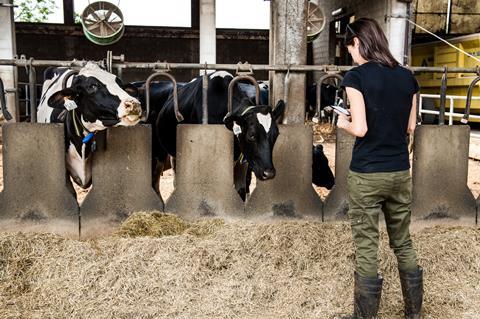
Most companies acknowledge the importance of animal welfare and are addressing it with policy commitment and clear governance, according to the latest report published by the Business Benchmark on Farm Animal Welfare, published on Thursday.
The report for the global ranking of leading food companies on animal welfare revealed that 95% of the world’s largest food companies had policy commitments prioritising animal welfare, an increase from 79% in 2012.
However, few are reporting successful implementation of these ambitions. Of the 150 companies ranked by the BBFAW, some 93% were given the lowest ratings for ‘Performance impact’ – an assessment of the tangible impacts on the lives of farm animals reared for food in corporate supply chains.
The companies assessed were ranked by BBFAW and assessed against tougher criteria with an increased focus on performance impact, it said.
The report included new questions on how companies are recognising the need to reduce reliance on animal sourced foods and diversify into alternative proteins.
Leading companies
Three companies, Marks & Spencer, Premier Foods and Waitrose, achieved Tier 2 status, which BBFAW said demonstrated leadership in making farm animal welfare integral to their business strategy.
Six companies including those recognised with tier 2 status and Groupe Danone, Cranswick PLC and Swiss retailer Migros-Genossenschafts-Bund received the a ‘C’ rating for their performance impact, the highest level achieved.
“The BBFAW results show that for 95% of food companies protecting farm animal welfare is not about businesses doing good; it’s about good business,” said Nicky Amos, executive director of the BBFAW.
“The Benchmark’s criteria have been strengthened in 2024, so it’s encouraging that several companies, including the three that achieved ‘Tier 2’ status, are leading by example and showing that high levels of progress are possible.”
The report found that there was a generally high level of ambition on cage-free eggs, with 73% of the 141 companies that have eggs in their supply chains now having cage-free commitments
A new section of the assessment also found that 25% of benchmarked companies recognise the need to reduce reliance on animal sourced foods as a relevant business issue which Amos described as “highly encouraging”.
More work needs to be done
However, many findings shed light on work that still needed to be done by the food sector, BBFAW said.
According to the assessment, 19 companies have yet to publish a formal farm animal welfare policy, 52% have no policy to manage routine mutilations, only 27% restrict live transportation to short journeys only and only 40% of companies have commitment in place to end prophylactic and routine metaphylactic antibiotic use.
The assessment also flagged issues around confinement with 18% of companies having no policy to end the use of close confinement and only 9% of companies with pigs in their supply chain setting credible targets to end the use of ‘sow stalls’ which are banned in the UK, Sweden and several US states.
“Today’s analysis shows there’s also a long way to go for the food sector to turn awareness and commitment into demonstrable animal welfare benefits, with large numbers of farmed animals still suffering from inhumane practices such as close confinement or routine mutilations,” said Amos.







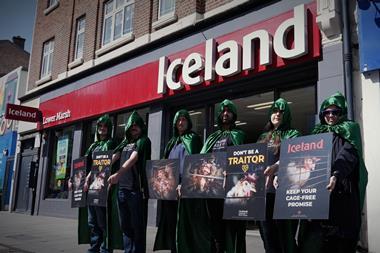

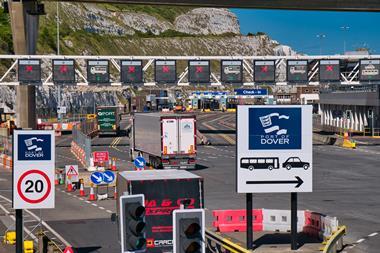
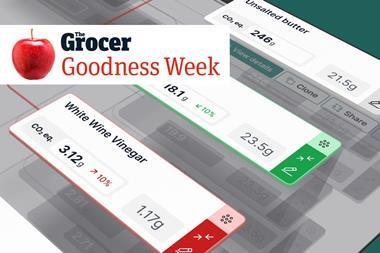
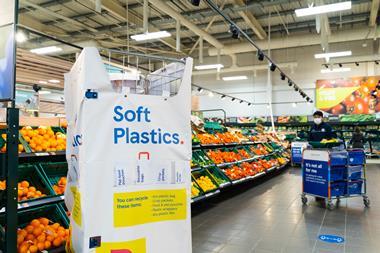



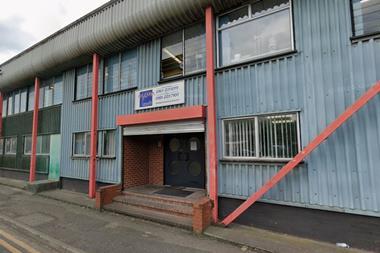
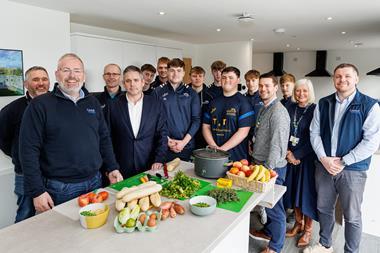

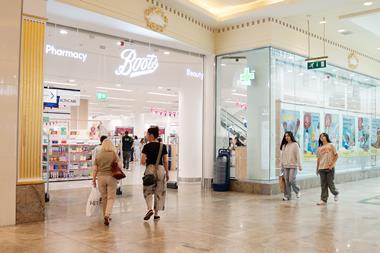
No comments yet